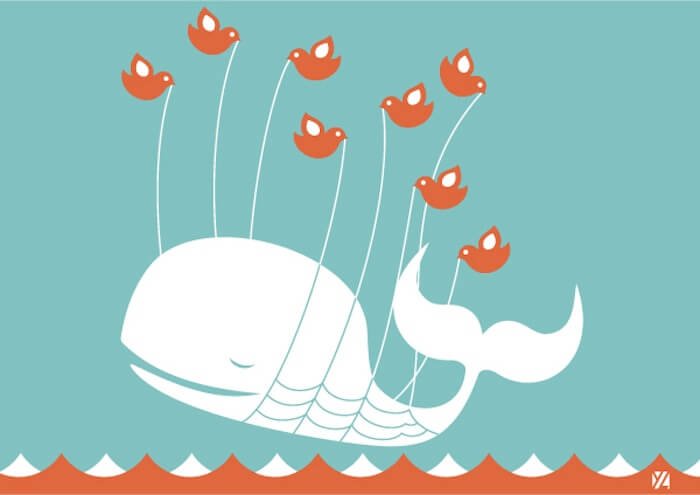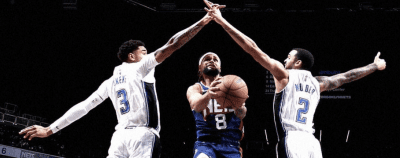#RIP: On Death and Twitter

When a celebrity dies, everyone gets to give a eulogy. On social media, anyone moved can say a few words and pay personal tribute. It’s as if all of us are attending one enormous funeral, coming together in grief. It can be life-affirming and communal. But the other side of this shared experience, most visible on Twitter, is that the social boundaries of respect and privacy that normally surround death are lowered, and blurred.
Twitter was a somber place the night Robin Williams died, as even the most irreverent accounts stopped cracking jokes to mark his passing. By 9 PM, my trending menu was filled with references to Robin Williams’ work; by the end of the night, his account had gained 387,966 followers. His last tweet, wishing his daughter Zelda a happy birthday, had been sent more than a week earlier.
That evening, Zelda Williams’ Instagram account began to fill up with condolences for her father in the comments of recent photos, none of which were of her father. All the comments seemed to have come from perfect strangers (as presumably a friend would have had a more private way to get in touch), and, heartfelt though they were, it seemed a jarringly inappropriate space for such outreach. After receiving gruesome photoshopped images of her father from two Internet trolls, Zelda announced she would be taking a break from Twitter and Instagram.
Trolling aside, because there is no accounting for sociopaths, the accessibility of celebrities on the Internet, particularly on Twitter, puts them at a strange distance. They seem at once closer and further away: Any user can read everything a celebrity writes, and interact to an extent, and yet they still seem to exist on a different planet. This weird short/long distance isn’t all bad, certainly, and has made or revived (or destroyed) many celebrities’ careers. But when this loosely delineated social space runs up against real emotion—particularly grief—otherwise unremarkable interactions become crass and invasive, disrespectful of any need for privacy.
This morning, news came that Lauren Bacall had died. Though social media is notably more subdued than it was on Monday, many news outlets have published beautiful old photos and glowing obituaries, and she is (or was this morning) trending on Twitter, just above Robin Williams. A star of a different era, Bacall did not have a Twitter account (unlike her contemporary, Betty White), and it is perhaps because of this, and because many Twitter users are too young to have been real fans, that her Internet funeral has been more lightly attended than other departed actors’. There is no now-silent account to tweet @, no Instagram to raid.
Modern celebrities—and their families—should not have to pay an emotional price for their web presence, whether from blackhearted trolls or throngs of well-meaning online mourners. The world we inhabit is saturated with social media, and exponentially more so for celebrities, who (typically) do not ask for the extreme attention they receive. Whatever our need to connect with tragedy, to reach out to the people closest to it, tweeting and commenting to make contact, it is all too easy to lose sense of our distance from the event IRL.
Yet that being said, many of us have been deeply affected by the deaths of people we never could have known; it’s why we visit war memorials and Père Lachaise cemetery and hold rallies and vigils for victims of faraway crimes. These are acts of reverence, emotional pilgrimages. And same can be true of Twitter, in certain modes, unlikely as it sounds. Hitting refresh on a search for #RIP after a celebrated person’s death, there is real emotion, even at a distance. When we lose people who have touched our lives, be they famous, friends, or family, the space they leave is painful.
On quieter Twitter nights, #RIP can be seen following less famous names—friends, old classmates, beloved pets, or family. Like prayers, tweets like these go out into the world, more as mantra than as message. And maybe that’s what they’re really for.
Follow John Sherman on Twitter @_john_sherman.
You might also like 




















